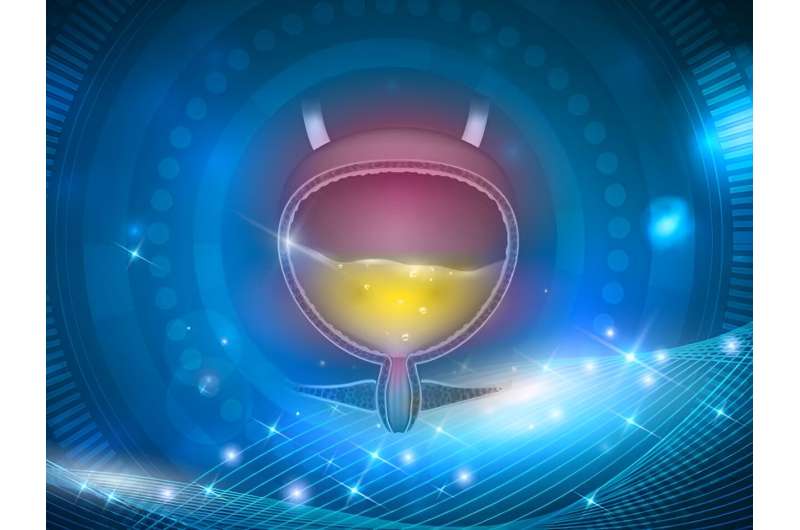Selenium not linked to recurrence of non-muscle-invasive bladder cancer


For patients with non-muscle-invasive bladder cancer (NMIBC), selenium supplementation does not reduce the risk for recurrence, while vitamin E is associated with an increased risk for recurrence, according to a study published online Oct. 17 in JAMA Network Open.
Richard T. Bryan, Ph.D., from the University of Birmingham in the United Kingdom, and colleagues conducted a multicenter study involving patients with newly diagnosed NMIBC recruited from 10 secondary or tertiary care hospitals. Two hundred seventy patients were randomly assigned to selenium plus placebo, vitamin E plus placebo, selenium plus vitamin E, and placebo plus placebo in a double-blind manner (65, 71, 69, and 65 patients, respectively).
The median overall follow-up was 5.5 years; 84 percent were followed for more than five years. The median treatment duration was 1.5 years. Due to slow accrual, the study was halted. The researchers observed no difference in the recurrence-free interval (RFI) for selenium versus no selenium. A statistically significant detriment to RFI was seen for vitamin E versus no vitamin E.
Significant differences were not observed with either supplement for the progression-free interval or overall survival time. After regression modeling to adjust for known prognostic factors, results were unchanged. A total of 1,957 adverse events were reported, including 85 serious; all appeared to be unrelated to trial treatment.
“These findings suggest that vitamin E supplementation may be harmful to patients with NMIBC, and elucidation of the underlying biology is required,” the authors write.
One author disclosed ties to Cystotech.
More information:
Richard T. Bryan et al, Selenium and Vitamin E for Prevention of Non–Muscle-Invasive Bladder Cancer Recurrence and Progression, JAMA Network Open (2023). DOI: 10.1001/jamanetworkopen.2023.37494
Journal information:
JAMA Network Open
Source: Read Full Article




